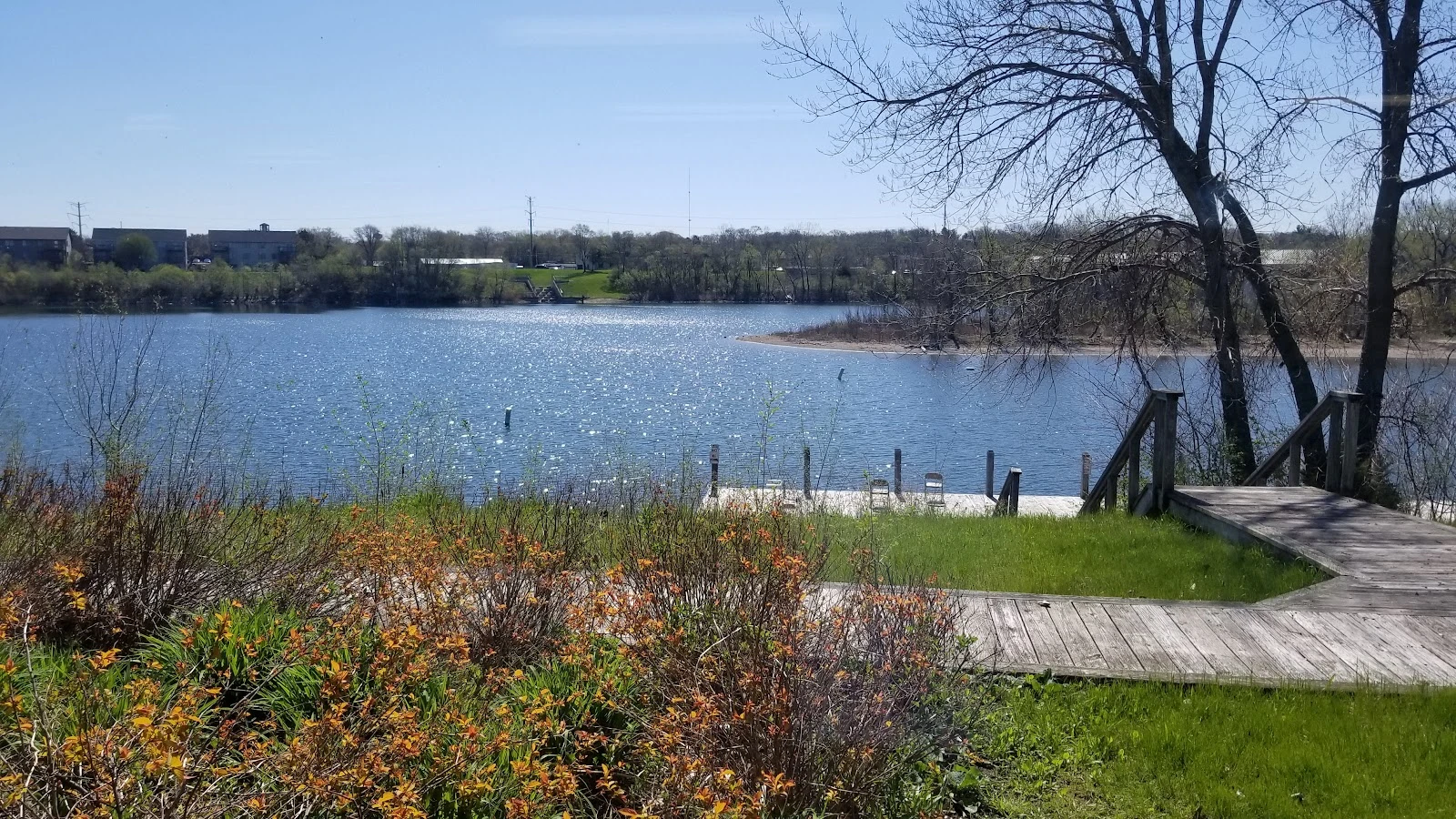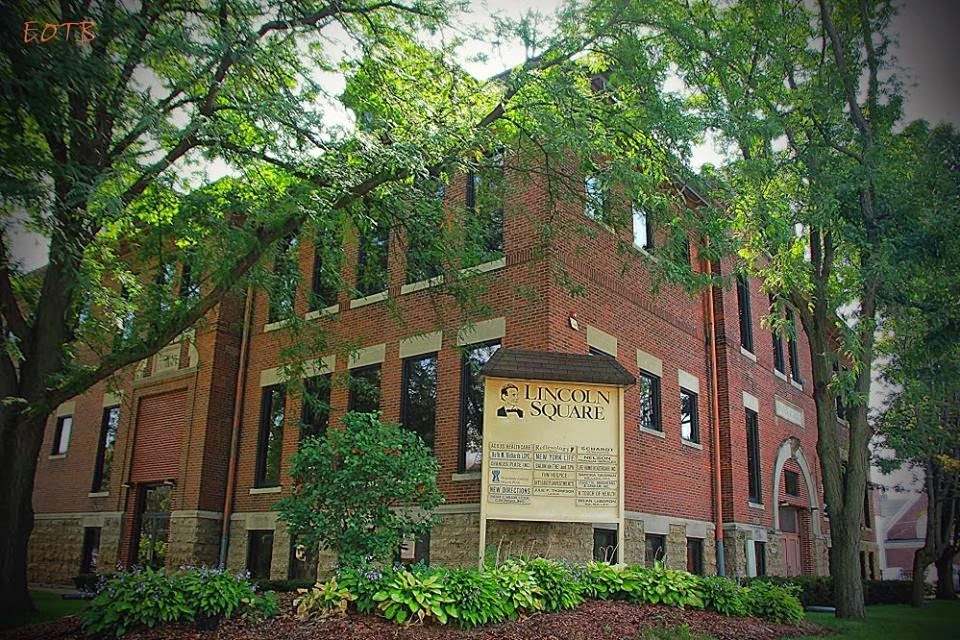Changes Place is a private rehabilitation facility for a variety of drug abuse diseases, such as alcoholism, opiate addiction, and co-occurring mental health illnesses. It is situated in Freeport, Illinois. The institution places a strong emphasis on a customized approach to rehabilitation and provides flexible outpatient addiction therapy so that patients may stay in their homes and get continuous treatment. Changes Place also offers an intense outpatient program that is intended to help patients via focused therapy and counseling sessions for those in need of a more regimented degree of treatment.
Recognizing the distinct requirements and difficulties of each patient, Changes Place approaches addiction rehabilitation from a holistic and inclusive perspective. Their programs are specifically designed to provide women with individualized treatment that takes into account their unique experiences and emotional requirements. Additionally, the program provides males with gender-specific addiction therapy designed to address the unique challenges they may encounter on their path to recovery. Furthermore, Changes Place is dedicated to establishing a warm and encouraging atmosphere for everyone, making sure that treatment programs honor a range of gender identities and sexual orientations, and promoting an atmosphere of acceptance and understanding.
Beyond conventional therapy methods, the institution emphasizes a communal culture of support that fosters the progress of each patient. They assist clients in identifying the underlying causes of their addictive behaviors and provide them with the skills and coping processes required to maintain long-term sobriety by concentrating on customized treatment approaches. Because of the center's commitment to holistic rehabilitation, patients are certain to get all-encompassing treatment that takes into account their emotional, mental, and social needs in addition to their physical dependency.
With the goal of assisting each person on their road to recovery, Changes Place is dedicated to providing compassionate care that honors the various needs and histories of its patients. The person-centered approach used by the institution guarantees that every client, irrespective of their gender or identity, receives dignified treatment and assistance in their pursuit of a substance-free, healthier lifestyle.
Changes Place Information
Treatment
Who We Treat
- Young Adults (18–25)
- Male and Female
- LGBTQ+
Approaches
- 12-Step-Based
- Twelve Step
- Family Therapy
- Group Therapy
- Cognitive Behavioral Therapy (CBT)
- 1-on-1 Counseling
- Online Therapy
- Life Skills Training
- Relapse Prevention Counseling
Conditions We Treat
- Trauma
- Anger
- Co-Occurring Disorders
Languages
- English
Aftercare
- Outpatient Treatment
- Intensive Outpatient Program
- Continuing Care
Level of Care
- Outpatient
- Co-Occurring Mental Health
- Aftercare/Continuing Care
Experience
Smoking and Vaping Policy
- Smoking Allowed in Designated Areas
- Vaping Allowed
Additional Locations
Find the best treatment options. Call our free and confidential helpline today!





